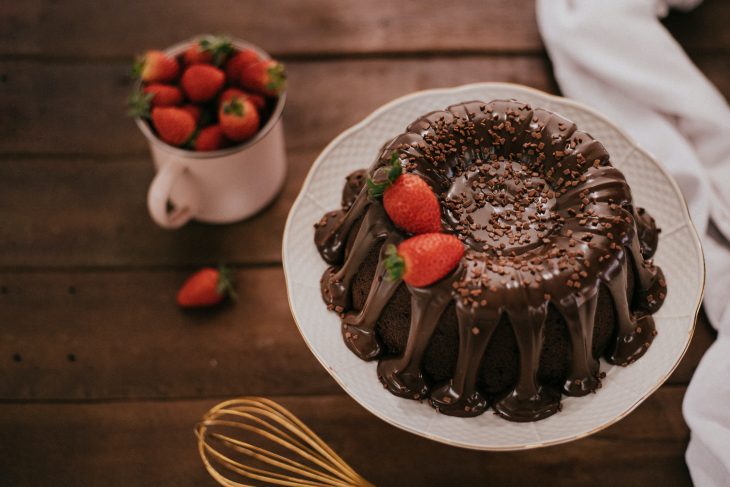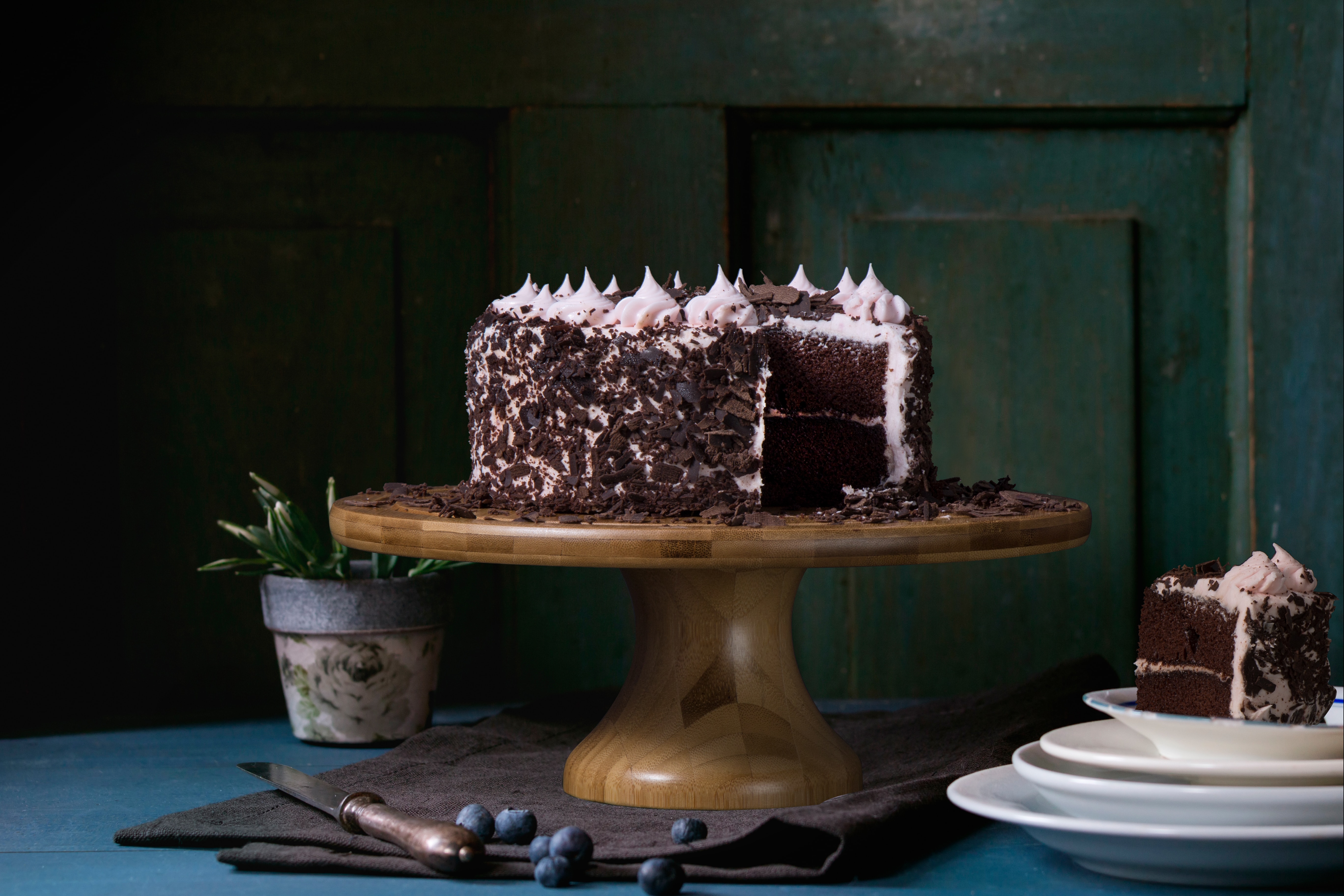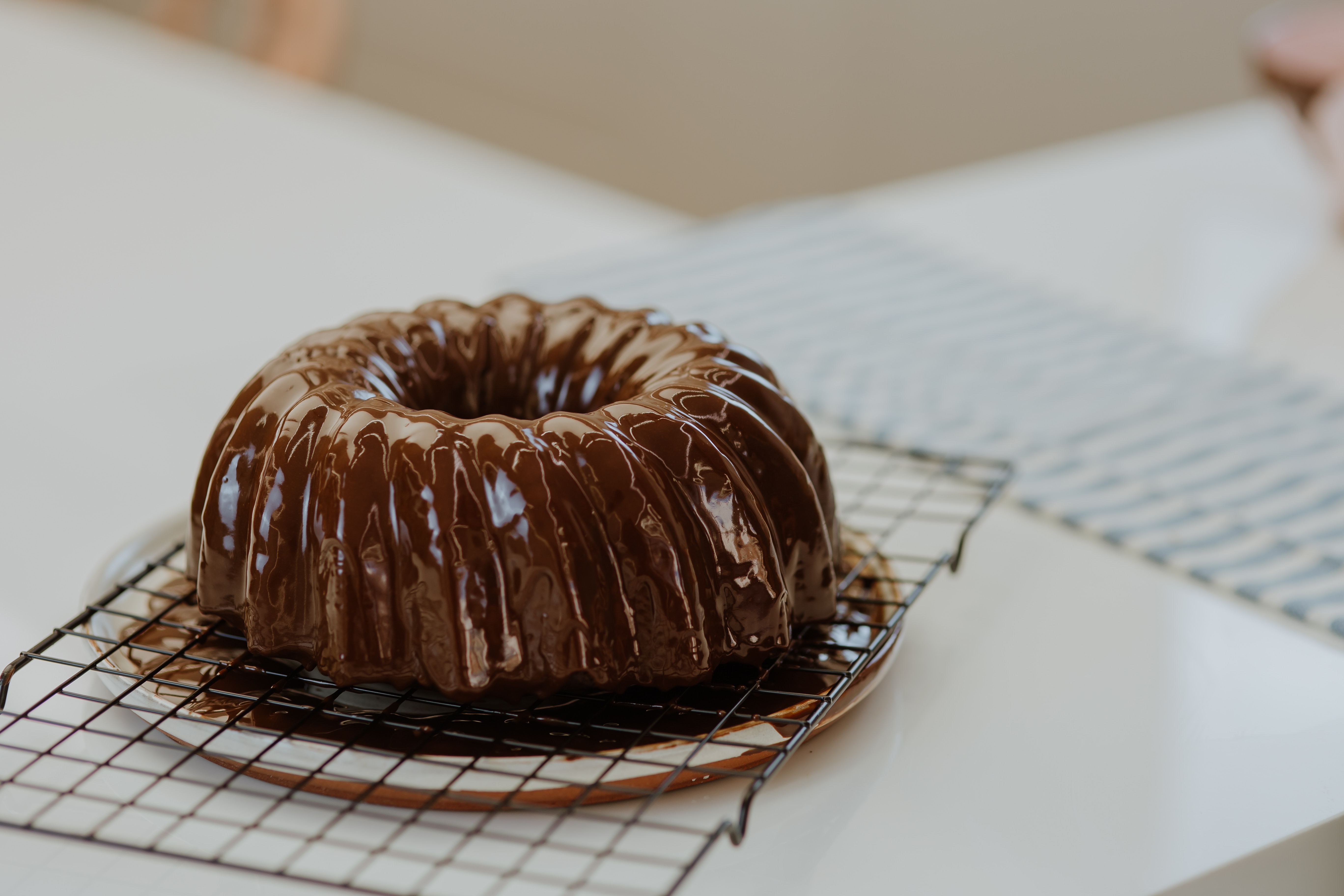
If you’re a chocolate lover with a sweet tooth, indulging in a delicious slice of chocolate cake can be a heavenly experience. The rich and decadent flavor of chocolate combined with the moist texture of a cake is a true delight. However, as much as we adore the taste, it’s essential to be aware of the nutritional aspects of chocolate cake. In this article, we’ll explore 11 nutritional facts about chocolate cake that will help you make informed choices while savoring this delectable treat.
Chocolate Cake: An Irresistible Delicacy
Chocolate cake has been a beloved dessert for centuries, captivating taste buds with its lusciousness. Made from a combination of ingredients such as flour, sugar, eggs, butter, and, of course, chocolate, it provides a delightful culinary experience. Whether you enjoy it plain or garnished with frosting, the chocolate cake never fails to satisfy cravings and bring smiles to faces.
Calories: Indulgence in Moderation
Calories are an important consideration when it comes to any food. A slice of chocolate cake typically contains around 250 to 400 calories, depending on its size and ingredients. It’s worth noting that the number of calories can vary depending on the recipe and serving size. Enjoying a slice of chocolate cake as an occasional treat within a well-balanced diet can be a delightful way to indulge.
Carbohydrates: Energy Boosters
Carbohydrates are the body’s primary source of energy. A slice of chocolate cake typically provides around 40 to 60 grams of carbohydrates. These carbs mainly come from the flour and sugar used in the cake. While carbohydrates are necessary for energy, it’s important to consume them in moderation and balance them with other nutrients.

Fat: A Decadent Delight
Chocolate cake is not known for being a low-fat dessert. It typically contains butter, oil, or other fats that contribute to its rich and moist texture. A slice of chocolate cake can have approximately 10 to 20 grams of fat. While fat adds to the taste and texture, it’s important to consume it in moderation due to its higher calorie content.
Protein: A Surprising Source
Did you know that chocolate cake contains a small amount of protein? While it’s not a significant source, a slice of chocolate cake can provide around 3 to 5 grams of protein. Protein is essential for building and repairing tissues in the body. However, it’s important to remember that chocolate cake should not be relied upon as a primary protein source.
Fiber: A Limited Contribution
Fiber is an essential nutrient that aids digestion and promotes a healthy gut. However, chocolate cake is not a significant source of dietary fiber. A slice of chocolate cake generally contains around 1 to 3 grams of fiber, mainly derived from the flour used in its preparation. To meet your daily fiber requirements, it’s crucial to incorporate other fiber-rich foods into your diet.

Sugar: Sweetness to Savor
It’s no secret that chocolate cake contains sugar, which contributes to its delightful sweetness. A slice of chocolate cake can have approximately 30 to 50 grams of sugar. While sugar adds to the taste, it’s important to be mindful of your overall sugar intake. Too much sugar can lead to various health issues, so it’s advisable to enjoy chocolate cake in moderation.
Vitamins and Minerals: Limited Content
Chocolate cake, while delightful, doesn’t offer a significant amount of vitamins and minerals. However, it does contain small amounts of certain nutrients. For instance, chocolate cake made with cocoa powder can provide a modest dose of iron, magnesium, and antioxidants. Nonetheless, it’s essential to obtain a wide range of nutrients from other food sources for a balanced diet.
Cholesterol: Moderate Levels
Cholesterol is a fatty substance found in animal-based foods. Luckily, chocolate cake is not a significant source of cholesterol since it’s typically made without ingredients high in cholesterol. A slice of chocolate cake generally contains less than 20 milligrams of cholesterol, making it a suitable choice for individuals watching their cholesterol intake.

Sodium: Keep an Eye
Sodium is an essential mineral required by the body in small amounts. However, excessive sodium intake can have adverse health effects. Chocolate cake usually contains a moderate amount of sodium, with a slice providing around 200 to 300 milligrams. If you’re on a low-sodium diet, it’s essential to consider the sodium content in chocolate cake and adjust your intake accordingly.
Allergens: Potential Sensitivities
It’s important to be aware of potential allergens present in chocolate cake, as they can cause adverse reactions in sensitive individuals. Common allergens in chocolate cake include eggs, wheat (gluten), dairy, and tree nuts. If you have known allergies or intolerances, it’s crucial to check the ingredients carefully and consider alternative recipes or substitutions to accommodate your dietary needs.
Conclusion
Chocolate cake is a delightful dessert that brings joy to many. While it’s important to indulge in moderation, understanding the nutritional facts can help you make informed choices. Keep in mind the calorie content, carbohydrates, fats, protein, sugar, and other nutrients present in chocolate cake. Enjoy this treat as part of a well-balanced diet, and remember that occasional indulgence can be a source of happiness.
Frequently Asked Questions (FAQs)
Is chocolate cake suitable for people with diabetes?
Chocolate cake, due to its high sugar and carbohydrate content, may not be suitable for individuals with diabetes. It’s advisable to consult with a healthcare professional or a registered dietitian to determine the best options for managing blood sugar levels.
Can I substitute ingredients in chocolate cake to make it healthier?
Yes, you can make substitutions in chocolate cake recipes to make them healthier. For example, you can replace some of the flour with whole wheat flour, use natural sweeteners like honey or maple syrup instead of refined sugar, and opt for healthier fats such as avocado or applesauce instead of butter.
Does chocolate cake contain caffeine?
Chocolate cake made with cocoa powder may contain a small amount of caffeine. However, the caffeine content is relatively low and is unlikely to cause significant effects unless consumed in large quantities.
How can I reduce the calorie content of chocolate cake?
To reduce the calorie content of the chocolate cake, you can try using alternative sweeteners, reducing the amount of fat or oil used in the recipe, and opting for lighter frosting options. Additionally, portion control and enjoying smaller slices can also help manage calorie intake.
Can I freeze the chocolate cake for later consumption?
Yes, chocolate cake can be frozen for later consumption. Ensure that it is properly wrapped or stored in an airtight container to prevent freezer burn. When ready to enjoy, thaw the cake in the refrigerator or at room temperature before serving.
Was this page helpful?
Our commitment to delivering trustworthy and engaging content is at the heart of what we do. Each fact on our site is contributed by real users like you, bringing a wealth of diverse insights and information. To ensure the highest standards of accuracy and reliability, our dedicated editors meticulously review each submission. This process guarantees that the facts we share are not only fascinating but also credible. Trust in our commitment to quality and authenticity as you explore and learn with us.
